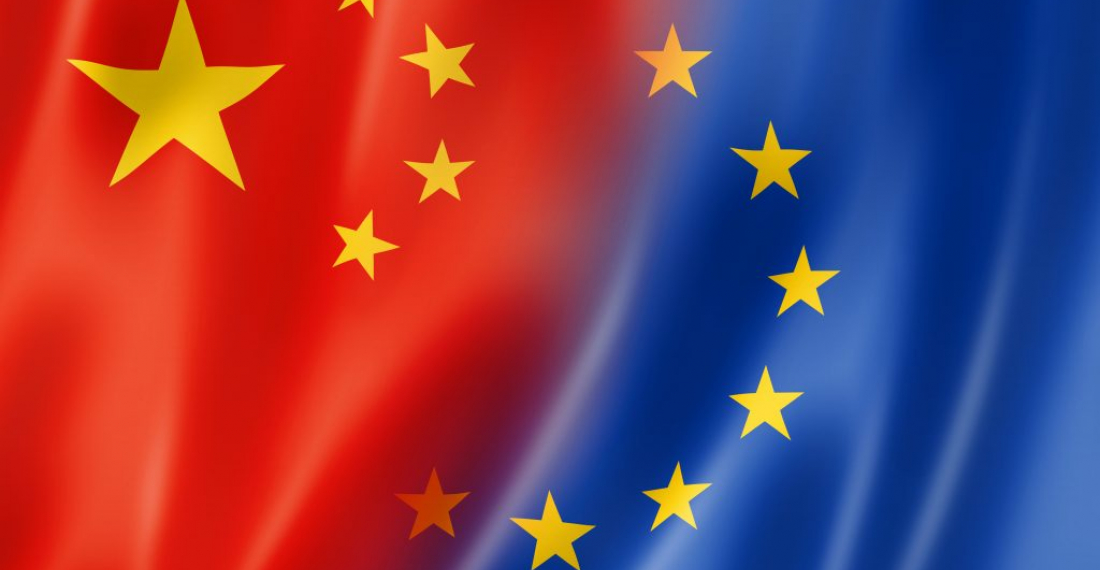The European Union in a statement issued on Monday (19 July) through its High Representative for Foreign Affairs and Security Policy, Josep Borrell, has accused China of being responsible for a massive cyber attack earlier this year.
The attack targeted Microsoft Exchange servers, affecting over a quarter of a million servers around the world. The statement said the malicious cyber activities "significantly affected our economy, security, democracy and society at large. The EU and its member states assess these malicious cyber activities to have been undertaken from the territory of China." The statement appears to take EU-China relations to a new low not seen for decades.
The statement added:
"The compromise and exploitation of the Microsoft Exchange server undermined the security and integrity of thousands of computers and networks worldwide, including in the member states and EU institutions. It allowed access to a significant number of hackers that have continued to exploit the compromise to date. This irresponsible and harmful behaviour resulted in security risks and significant economic loss for our government institutions and private companies, and has shown significant spill-over and systemic effects for our security, economy and society at large.
"We have also detected malicious cyber activities with significant effects that targeted government institutions and political organisations in the EU and member states, as well as key European industries. These activities can be linked to the hacker groups known as Advanced Persistent Threat 40 and Advanced Persistent Threat 31 and have been conducted from the territory of China for the purpose of intellectual property theft and espionage.
"The EU and its member states strongly denounce these malicious cyber activities, which are undertaken in contradiction with the norms of responsible state behaviour as endorsed by all UN member states. We continue to urge the Chinese authorities to adhere to these norms and not allow its territory to be used for malicious cyber activities, and take all appropriate measures and reasonably available and feasible steps to detect, investigate and address the situation."
Other Western countries have issued similar statements today in what appeared to be a co-ordinated diplomatic démarche against China.







